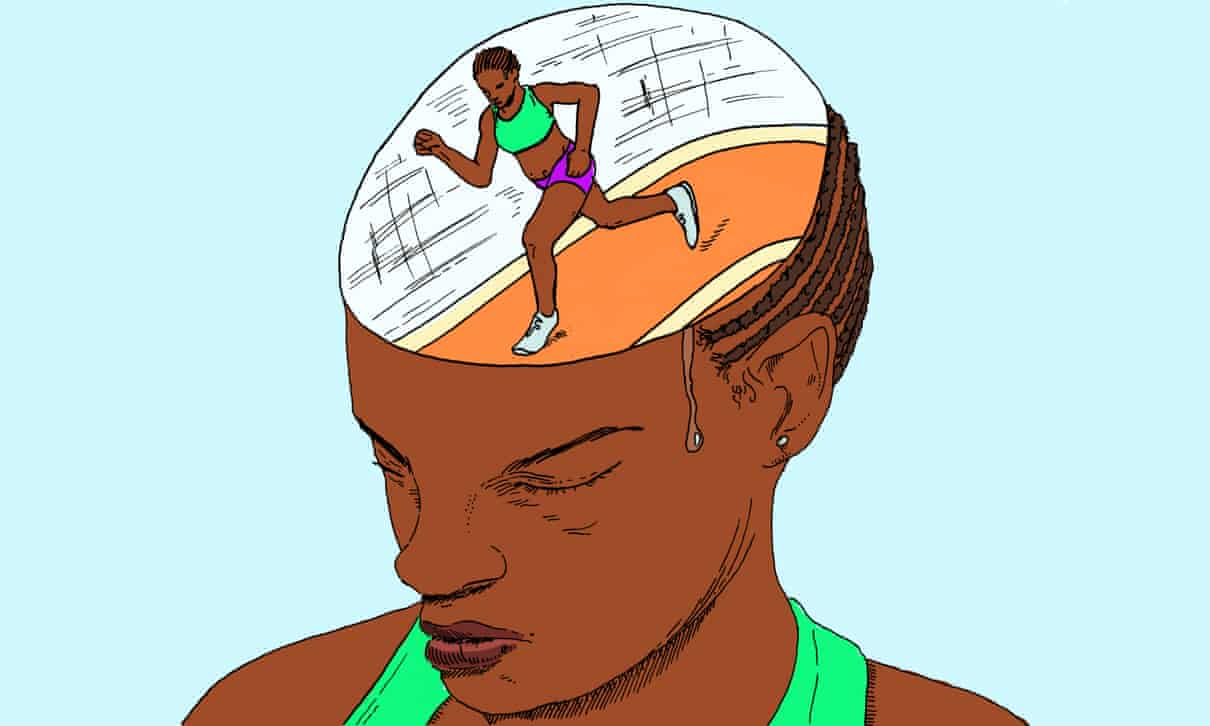Mental state, stress, depression and physical exercise
By Maria Polyzou
Our mental state is influenced by physical exercise. A brisk walk three times a week safeguards us from depression and rejuvenates our emotional wellbeing.
 Any type of physical exercise will benefit anyone suffering from depression; it certainly helps in keeping the situation under control and even helps the sufferer overcome it completely.
Any type of physical exercise will benefit anyone suffering from depression; it certainly helps in keeping the situation under control and even helps the sufferer overcome it completely.
There has been a lot of research done to date which validates the positive aspects of physical exercise in patients suffering from a number of psychological issues. In fact some has shown that exercise helped patients just as much as antidepressant drugs did.
Regardless of one’s age or sex systematic exercise contributes to better self-esteem and to fewer health issues whether they are of a physical or a mental nature.
Stress goes away more easily after any sports activity: a walk, a swim, cycling or other form of exercise.
Physical exercise is much more effective in decreasing stress levels compared to other ways of fighting stress - like different relaxation techniques for instance.
The decrease of tension in the muscles and the increase in our pulse rate, which go hand in hand with physical exercise, create overall relaxation and contribute to the alertness of our organism. This helps us see our problems more clearly and find better ways of solving them.
Letting go of tension while doing a sports activity, a type of exercise, walking or other rhythmic physical activity, helps our pent-up anger subside; anger which sometimes builds up especially during a stressful or otherwise ‘bad’ day.
 In this way there is no danger of us taking it out on members of our family, our spouse, our children or our friends.
In this way there is no danger of us taking it out on members of our family, our spouse, our children or our friends.
People who feel that their life is getting all the more difficult, to a point when it makes them feel depressed, should know that by burning calories through physical exercise, they will see remarkable results.
When someone feels better and stronger physically then they will feel more competitive and have a better hold on their life.
But how does exercise influence the brain into a much more positive mental state?
It is not yet known how the beneficial mechanics of physical exercise influences our psychology.
However, there are already signs of how this is accelerated:
- The concentration of serotonin in the brain increases with physical exercise. Serotonin affects our mental state, it participates in the transmission of nerve impulses and can also act as a monitor of our mood and conscious state.
- The production of endorphins is increased after rigorous exercise. Endorphins are peptides which are produced in the brain and act as a natural painkiller. They act on our psyche and bring about a feeling of euphoria.
 There is no evidence which determines that one form of exercise is better than another. What’s important is that exercise should be systematic.
There is no evidence which determines that one form of exercise is better than another. What’s important is that exercise should be systematic.
All types of sports, running, walking, aerobics, swimming, weightlifting and more are all effective in decreasing levels of stress and depression.
Anyone who has been inactive for a long time should start gradually. Initially, they can start with a short walk of about 5-10 minutes every day. After a few days they can increase it in gradual stages to 30-45 minutes a day for at least 3 to 4 times a week.
Following a sustained period of physical exercise an improvement can be seen in one’s mental state after at least a few weeks.
The best results can be achieved after about four months of systematic physical exercise. After this initial phase one will definitely feel much better. The habit of systematic exercise should be maintained throughout one’s life.

